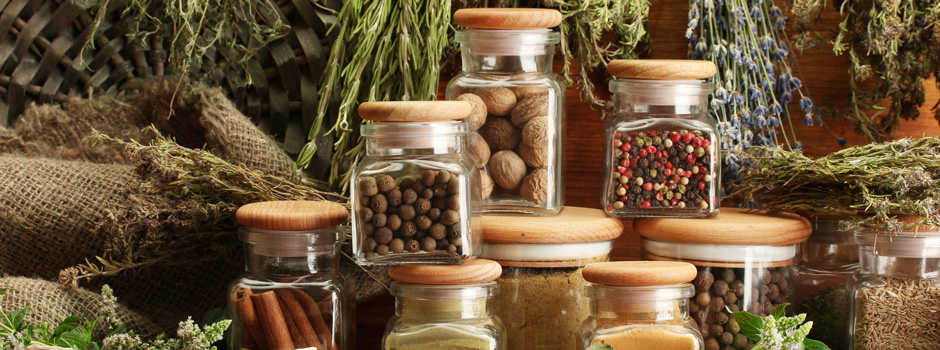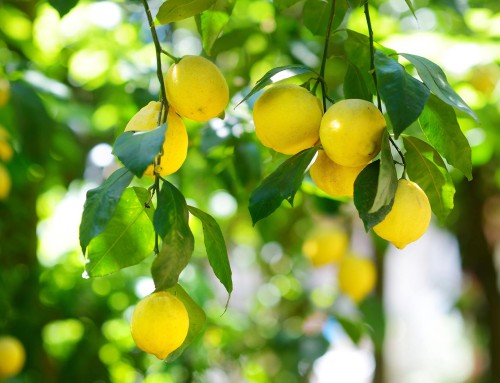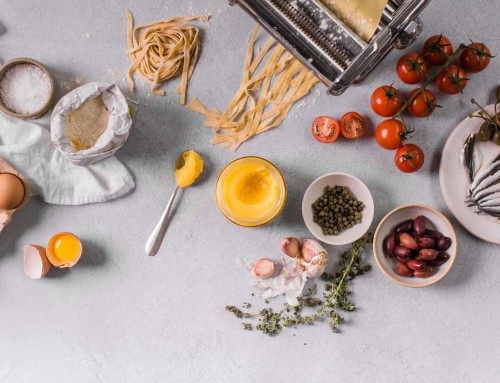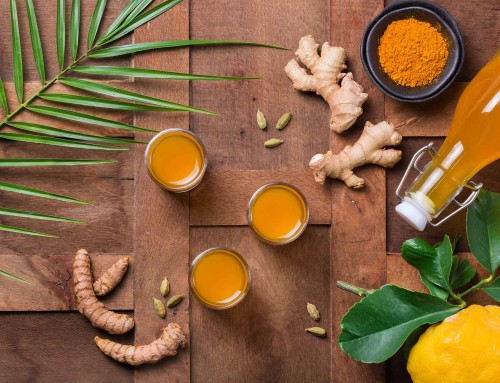According to Ayurveda, choosing the right foods and eating them in the right way and at the right time tends to increase Ojas. This in turn creates bliss, emotional balance and positivity and promote the health of your heart. But there are also lifestyle recommendations, called Behavioural Rasayanas, to cultivate Ojas in your body.
Behavioral Rasayanas that increase Ojas
Rasayana means “that which enters the essence” or, “that which promotes health and longevity”. Since Ojas is seen by Ayurveda to be the essence or highest product of the body, Rasayanas are those things which enhance Ojas and thereby promote health and long life.
All the foods that increase Ojas can be seen as Rasayanas. Certain Ayurvedic herbal preparations, such as Maharishi Amrit Kalash, are powerful Rasayanas that increase Ojas.
There are also Behavioural Rasayanas that you can do in daily life. Examples of such Behavioural Rasayanas are given in Ayurvedic texts:
- Practice meditation (see Transcendence – Healing & Transformation through TM and Transcendental Meditation by Robert Roth)
- Stay in the company of wise people
- Keep a regular routine and pure diet
- Get enough sleep
- Avoid alcohol, cigarettes and drugs
- Cultivate a calm attitude (Transcendental Meditation can help you achieve this effortlessly)
- Adhere to the teachings of your religion
- Speak the truth.
Each day offers opportunities to enjoy life – it is up to you to seek out activities and people that bring you true happiness and contentment. This is essential for the health of your heart and essential for your life.
Herbals and heart health:
Maharishi Ayurveda prescribes a number of herbal remedies that support and balance the heart and its functions.
Cardio Support
Maharishi Ayurveda offers a formula for cardiac health, called Cardio Support. Cardio Support contains three major herbs that support the heart.
Arjuna is the principal herb in this formulation. It is renowned in Ayurveda for its ability to pacify Sadhaka Pitta and thereby balance the emotions. Arjuna also nourishes the physical heart.
Ashwagandha promotes good sleep and helps enhance natural resistance to stress.
Guggul has been shown to purify the fat tissues and thereby helps balance cholesterol.
Blissful Joy
Blissful Joy helps balance Sadhaka Pitta and thereby the emotions. Blissful Joy can be said to be the best product for supporting the emotions and in helping create healthier relationships. This remedy also contains the heart-supporting herb Arjuna. This, combined with other herbs, also targets Sadhaka Pitta.
Maharishi Amrit Kalash
Amrit Kalash can be translated as “the golden cup of longevity”. Maharishi Amrit Kalash combines forty-four rare herbs and fruits that lend their synergistic effect to balancing and toning the heart and the entire physiology. In their research Sharma et al. note that: “Maharishi Amrit Kalash has the unique property of preventing platelet aggregation caused by various agonists across the board and may be useful in cardiovascular disorders where prevention of platelet aggregation is of benefit to the patients”.
Blood Pressure, cholesterol, etc
Ayurveda offers advice on normalising and controlling those factors which give rise to heart disease. Factors, such as high blood pressure, high cholesterol, stress, smoking, diabetic control can all be positively impacted by an appropriate Ayurvedic approach.
Tips for a healthy heart:
- Get to sleep on time – by 10pm – and make sure you get the right amount of sleep. Good sleep sets the tone for a fresh, stress-free day
- Emotional trauma aggravates Sadhaka Pitta, which can have a negative impact on health – see the advice above to help pacify Sadhaka Pitta
- Do not skip meals
- Include some cracked or freshly ground black pepper in your diet. Black pepper clears the channels of the body and supports the free flow of oxygen to your brain, helping you stay composed yet alert. It also removes Ama from your body channels and tissues
- The daily Ayurvedic massage, called Abhyanga, is helpful for stimulating circulation and in toning your muscles
- A good breakfast in the morning is stewed apple or pears
- Regular daily exercise is good for keeping your heart healthy. However, Ayurveda believes that there is such a thing as too much exercise and many professional athletes have heart problems in later life. Follow the Ayurvedic concept of “Balardha”, or exercising to only half or your capacity, and conserve the other 50%.
- Ayurveda particularly recommends moderate exercise, especially Yoga Asanas (Yoga postures) and Pranayama (breathing exercises)
- Practice Transcendental Meditation twice a day or use other relaxation techniques to manage stress.






